Lagos Nigeria, My City
Lagos (Yoruba: Èkó) is a city in the Nigerian state of the same name. The city, with its adjoining conurbation, is the largest in Nigeria, as well as on the African continent. It is one of the fastest growing in the world,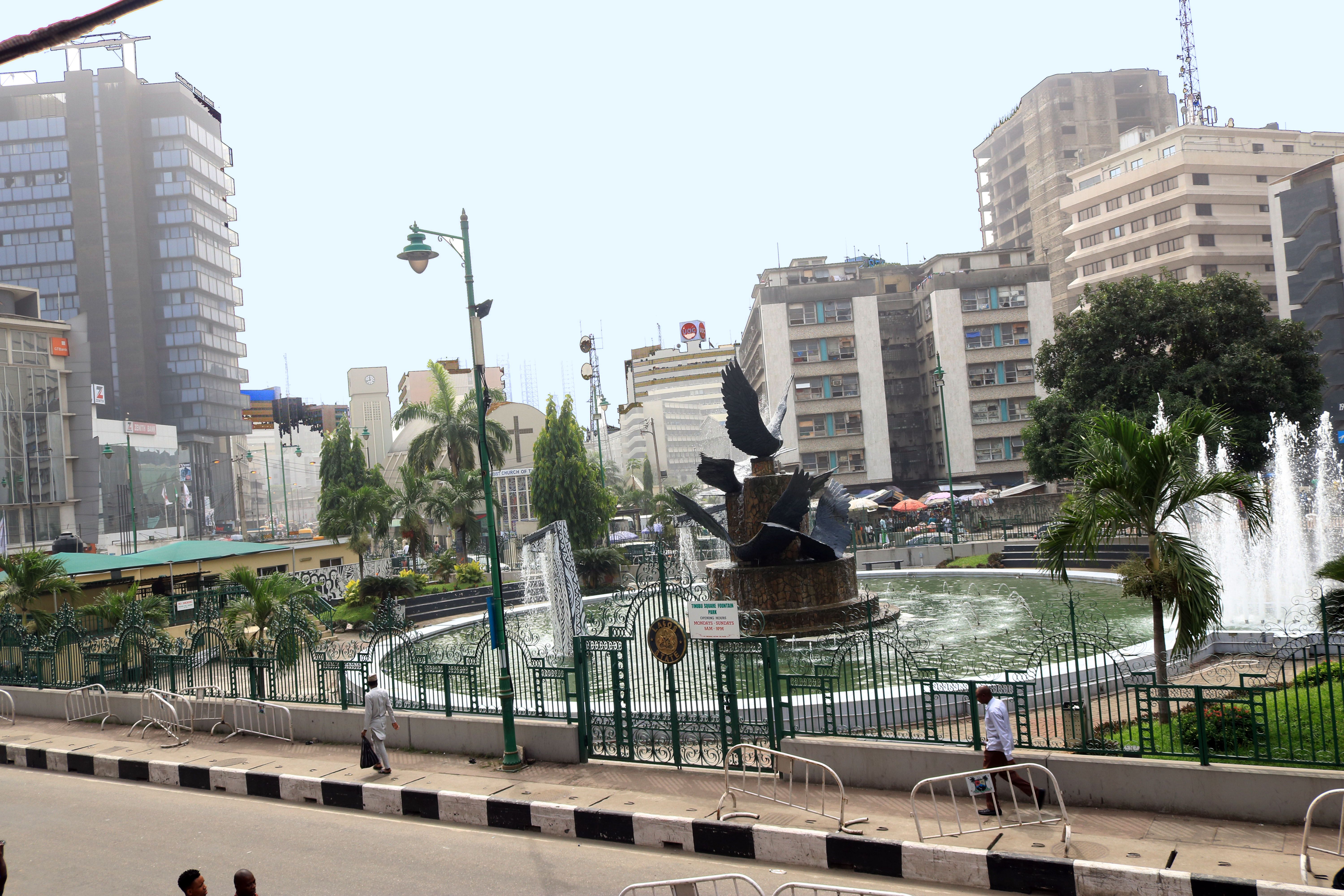
and also one of the most populous urban agglomerations. Lagos is a major financial centre in Africa; the megacity has the highest GDP,[4] and also houses one of the largest and busiest ports on the continent.
Lagos initially emerged as a port city which originated on a collection of islands, which are contained in the present day Local Government Areas (LGAs) of Lagos Island, Eti-Osa, Amuwo-Odofin and Apapa; the islands are separated by creeks, fringing the southwest mouth of Lagos Lagoon, while protected from the Atlantic Ocean by barrier islands and long sand spits such as Bar Beach, which stretch up to 100 km (60 mi) east and west of the mouth. Due to rapid urbanization, the city expanded to the west of the lagoon to include areas in the present day Lagos Mainland, Ajeromi-Ifelodun and Surulere. This led to the classification of Lagos into two main areas - the Island, which was the initial city of Lagos, before it expanded into the area known as the Mainland. This city area was governed directly by the Federal Government through the Lagos City Council, until the creation of Lagos State in 1967, which led to the splitting of Lagos city into the present day seven Local Government Areas (LGAs), and an addition of other towns (which now make up 13 LGAs) from the then Western Region, to form the state.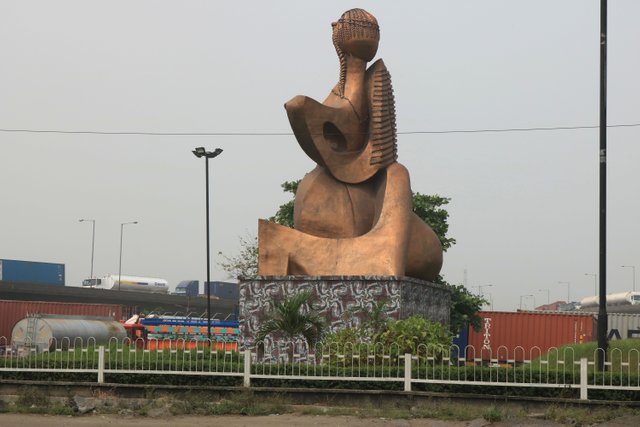
Lagos experiences tropical savanna climate (Aw) according to the Köppen climate classification, as there's a significant precipitation difference between the wet season and the dry season. The wet season starts in April and ends in October, while the dry season starts in November and ends in March. The wettest month is June with precipitation total 315.5 millimetres (12.42 in), while the driest month is January with precipitation total 13.2 millimetres (0.52 in).
As the city is located near the equator, the temperature remains constant with no significant difference between the hottest month and the coolest month. The hottest month is March with average temperature 28.5 °C (83.3 °F), while the coolest month is August with average temperature 25.0 °C (77.0 °F).
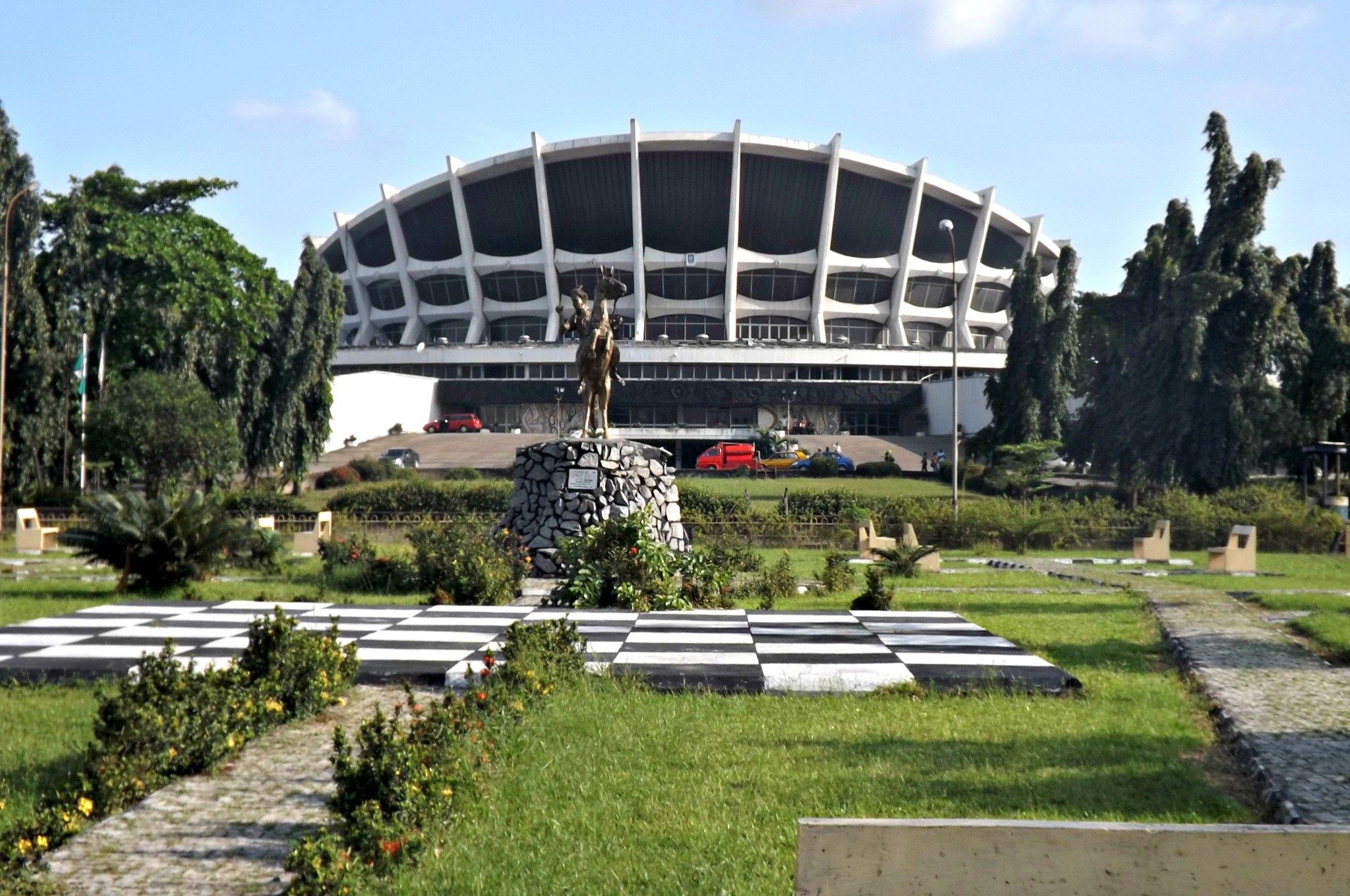
Lagos, subsequent to the re-modernization project achieved by the previous administration of Governor Raji Babatunde Fashola, is gradually becoming a major tourist destination, being one of the largest cities in Africa and in the world. Lagos is currently taking steps to become a global city. The 2009 Eyo carnival (a yearly festival originated from Iperu Remo, Ogun State) which took place on 25 April, was a step toward world city status. Currently, Lagos is primarily known as a business-oriented and a fast-paced community.
Lagos has become an important location for African and "black" cultural identity. Lots of festivals are held in Lagos; festivals vary in offerings each year and may be held in different months. Some of the festivals are Festac Food Fair held in Festac Town Annually, Eyo Festival, Lagos Black Heritage Carnival, Lagos Carnival, Eko International Film Festival, Lagos Seafood Festac Festival, LAGOS PHOTO Festival and The Lagos Jazz Series which is a unique franchise for high quality live music in all genres with a focus on Jazz. Established in 2010, the popular event takes place over a 3-5 day period at selected high quality outdoor venues. The music is as varied as the audience itself and features a diverse mix of musical genres from Rhythm and Blues to Soul, Afrobeat, Hiphop, Bebop and traditional Jazz. The festivals provide entertainment of dance and song to add excitement to travelers during a stay in Lagos.
Lagos has a number of sandy beaches by the Atlantic Ocean, including Elegushi Beach and Alpha Beach. Lagos also has a number of private beach resorts including Inagbe Grand Beach Resort and several others in the outskirts.
Lagos has a variety of hotels ranging from three star to five star hotels, with a mixture of local hotels such as Eko Hotels and Suites, Federal Palace Hotel and franchises of multinational chains such as Intercontinental Hotel, Sheraton and Four Points by Hilton. Other places of interest include the Tafawa Balewa Square, Festac town, The Nike Art Gallery, Freedom Park, Lagos and the Cathedral Church of Christ, Lagos.
Some of the famous cuisines in Lagos include indigenous delicacies like Eba and Egusi, Amala and Ewedu, Jollof, Ofada Rice, Plantain locally called dodo, Beans, Suya (spicy shish kebab or spiced roasted beef) which is consumed in local clubs and bars with a bottle of cold beer, Eba made from cassava and eaten with soups prepared with vegetables and mixture of spices and herbs. Other cuisines range from local ones like Iyan (pounded yam) made from yam flour, Amala, Asharo usually eaten with various kind of vegetables and Egusi (melon soup) to European, Middle-Eastern and Asian cuisine.
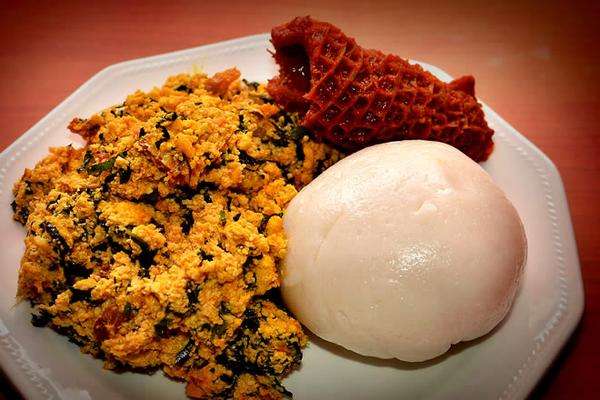
Lagos is famous throughout Africa for its music scene. Lagos has a vibrant nightlife and has given birth to a variety of styles such as Sakara music, Nigerian hip hop, highlife, juju, fuji and Afrobeat.
Lagos is the centre of the Nigerian movie industry, often referred to as 'Nollywood'. Idumota market on Lagos Island is the primary distribution centre. Many films are shot in the Festac area of Lagos.
Iganmu is home to the primary centre for the performing arts and artistes in Nigeria: the National Arts Theatre.
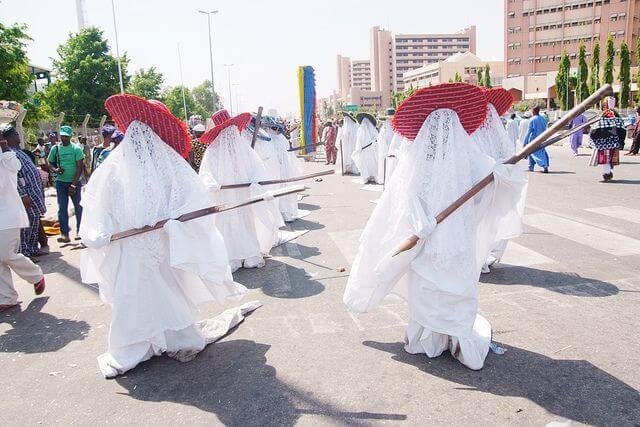
Lagos Marina
Lagos Island contains a central business district. This district is characterised by high-rise buildings. The island also contains many of the city's largest wholesale marketplaces (such as the popular Idumota and Balogun Markets). It also has the National Museum of Nigeria, the Central Mosque, the Glover Memorial Hall, Christ's Church Cathedral (CMS) and the Oba's Palace (Iga Idunganran). Another major part of Lagos Island is Marina. It borders around the idumota and Balogun markets and houses major Banking institutions. Though formerly in a derelict condition, Lagos Island's Tinubu Square is a site of historical importance; it was here that the Amalgamation Ceremony that unified the North and South protectorate to form Nigeria took place in 1914.
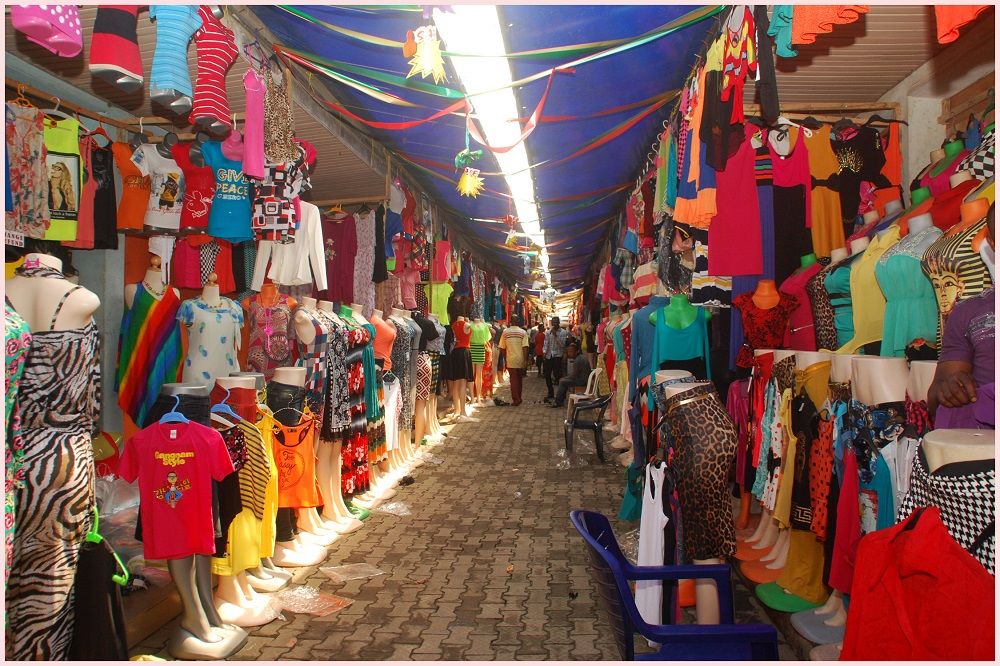
Lagos Mainland
A huge population of Lagosians also live on the Lagos mainland, and most industries are located there. The mainland is known for its music and night life, which used to be located in areas around Yaba and Surulere. However, in recent years more night clubs have sprung up on the Island, making the Island (particularly Victoria Island) the main nightlife attractions. Mainland LGAs include Surulere, Ajeromi-Ifelodun and Lagos Mainland. Metropolitan Lagos suburban LGAs include: Agege, Apapa, Mushin, Oshodi-Isolo and Ikeja (site of Murtala Muhammed International Airport and the capital of Lagos State).
Major Areas on the mainland include Ebute Metta, Yaba and Ejigbo. Some rivers, like Badagry Creek, flow parallel to the coast for some distance before exiting through the sand bars to the sea.
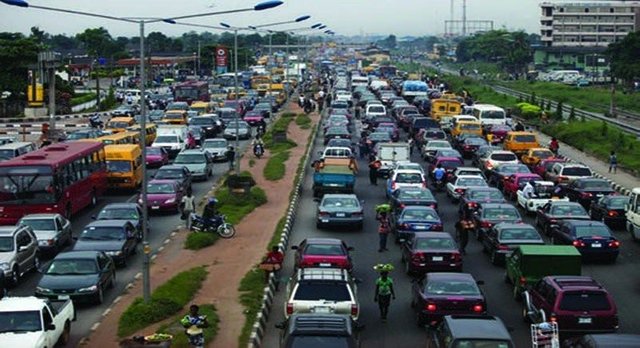
Lagos is a hospitable city with great opportunities......Try visiting Lagos Nigeria today!.....cheers!
wow, nice write up. I really love your post
Tx brov...